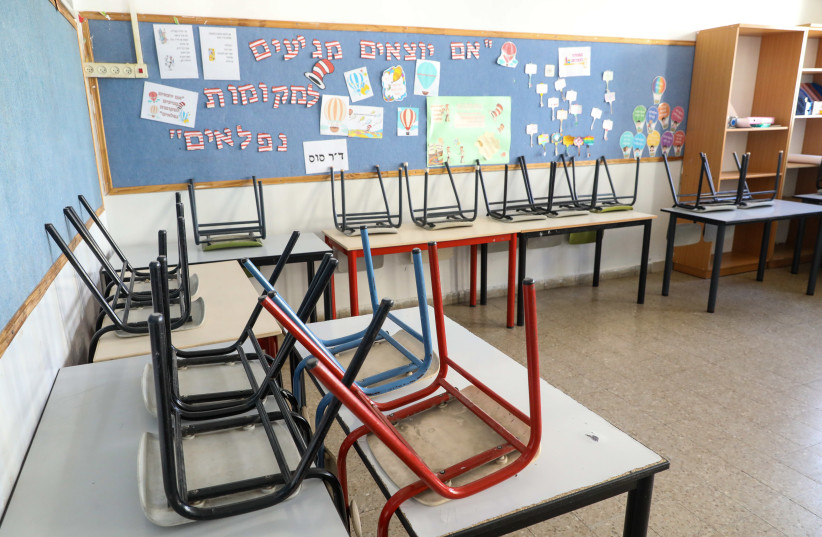“Can two walk together unless they agree?” (Amos, 3:3)
At the beginning of this month, a survey was published revealing a significant decline in Israeli students’ academic achievements. One in five 8th graders scored below average in mathematics and science. The international TIMSS (Trends in International Mathematics and Science Study) survey, published by RAMA, the National Authority for Measurement and Evaluation in Education further showed that Israel had dropped from ninth to 23rd place in mathematics and to 25th in science. This is a significant decline over the past 17 years.
This striking data draws attention to the symptom rather than the deep-rooted problem, which, in my opinion, lies in the severe values crisis that Israeli society has been experiencing for several years. This crisis often leaves students, parents, and even educators feeling helpless in the face of the significantly flawed and corrupted values in society, in recent decades.
Israel's values education crisis
Dr. Dafna Hadar-Pekar argues – in her 2013 article written for an applied research in education initiative, “The Relationship Between Socio-Emotional State and Academic Achievement of School Students” – that students’ daily coping with school demands occurs within a social context that has a decisive impact on their actual functioning and achievement.
Israeli students who have grappled with significant social consequences in recent years due to the COVID-19 pandemic, the social divide caused by the attempted judicial revolution, and the trauma of the longest and most severe war in Israel’s history, cannot be emotionally available for routine learning. Given the rising tide of uncertainty, anger, and fear, it is imperative that we invest in social, emotional, and values-based education.

Especially in our complex reality, values education, such as personal responsibility, empathy, and listening, will foster qualities and life skills in our students that will also impact their academic achievements and motivation to learn.
Furthermore, social education that promotes community values and personal leadership can foster an inclusive classroom environment, facilitating cooperation and healthy student-teacher relationships. It also creates a safe space for expressing and receiving diverse opinions, asking questions, and independently exploring complex and sensitive issues that lie at the heart of our nation’s identity.
We see the impact of values education on students’ achievements at the Leo Baeck Education Center: social encounters, community involvement, and personal dialogues between teachers and students create a sense of security and self-efficacy, that encourages them to invest and persevere in various subjects, and to create serious and in-depth discussions in class.
While it is clear that Israel must invest significant resources in narrowing domestic gaps and reducing the disparity with the Western world, this investment cannot be limited to the academic-pedagogical sphere.
Instead, it must encompass innovative pedagogical, cultural, and social approaches that prioritize values and the student’s social context, thereby equipping Israeli students with meaningful social, emotional, and academic tools for their future journeys.
At Leo Baeck, we view education as the text and the community as the context in which learning unfolds. This perspective underscores the interconnectedness of education and community, both of which are ultimately aimed at Tikkun Olam- creating a more just and equitable world.
The writer, a rabbi, is CEO of the Leo Baeck Education Center.
